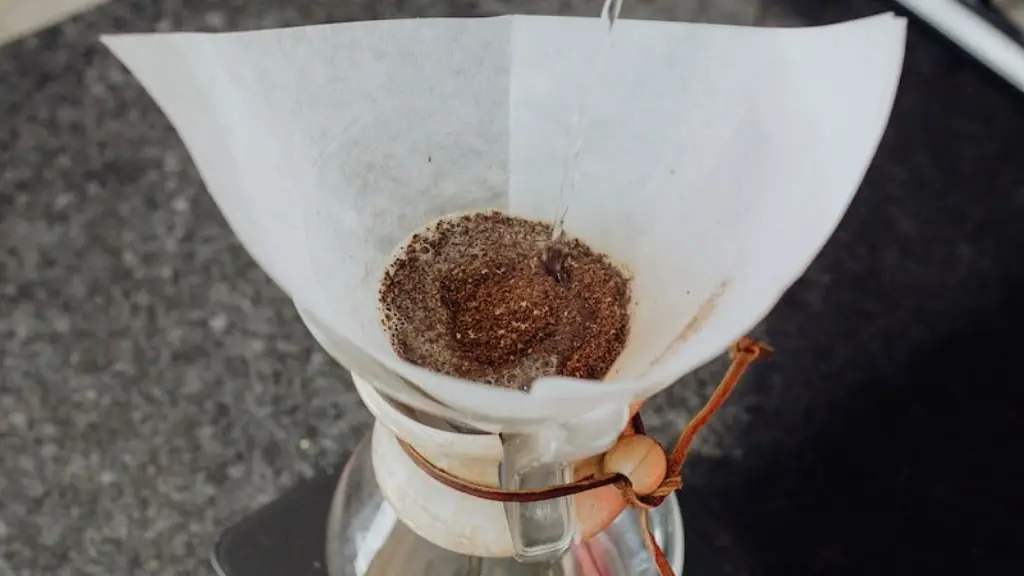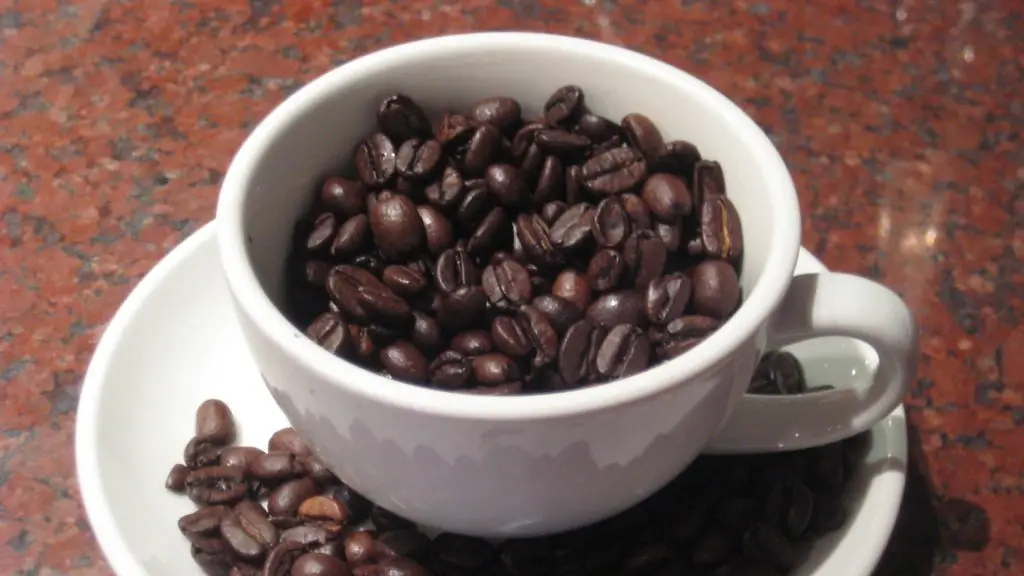Can drinking Coffee count as Water?
Water is essential for good health. It is the most plentiful essence in our bodies and by taking enough of it every day, we ensure that our cells and organs remain healthy. But how many people really drink water instead of beverages like coffee, tea and soft drinks? While they don’t replace water, could they be a good substitute?
The short answer is no. Caffeinated beverages are not a good option for hydration because of the effects of the caffeine and other compounds. According to Dr. Nicholas Gregg, a professor in the Department of Human Health and Nutritional Sciences at the University of Guelph, caffeine is a diuretic and can reduce the body’s fluid balance. When we drink caffeine-filled beverages, we lose more water than we take in.
The Science Behind Dehydration
Dehydration can lead to a host of issues, both immediate and long-term. A general feeling of fatigue is usually an early sign and can be exacerbated by mild or severe headaches. In severe cases, it can even cause confusion and hallucinations.
Lack of water can also lead to gastrointestinal issues, such as constipation, as well as heart problems and kidney stones. Long-term, lack of water can even weaken the bones.
How Much Water Should You Drink?
So what does this mean for hydration? Well, it’s important to know your hydration needs. Dr. Gregg recommends that adults should drink between 2 and 3 liters (7 to 10 glasses) of water each day.
But this doesn’t mean that you can’t drink coffee, tea and the occasional soft drink. It just means that you need to increase your water intake to make up for the water loss, and be sure to balance out your hydration with these beverages.
Can Coffee Actually be Hydrating?
Surprisingly, coffee can actually be hydrating in certain situations. Dr. Gregg explains that coffee can be good for thirst, as coffee can stimulate saliva production. This means coffee can help promote fluid intake, as it may give people the urge to open the tap and fill the cup.
So, if you have a cup of coffee, make sure you follow it up with a glass of water to keep your body properly hydrated.
The Hydrating Power of Tea
Compared to coffee, tea is generally seen as a better choice for hydration. This is because some types of tea, such as herbal or white tea, have a low to no caffeine content, which makes them a safer alternative for hydration.
Furthermore, some herbal teas, such as chamomile and lavender, can even have calming effects, promoting sleep and rest. These can be great for replacing those warm cups of coffee at night, as these teas help to relax the body and mind.
Soft Drink Alternatives
The good news is that there are plenty of alternatives to soft drinks that still give you a nice, refreshing hydration. Examples could include sports drinks, coconut water and almond milk.
Sports drinks are good after a workout, as they are good sources of electrolytes. Coconut water is a great source of minerals and is a healthier alternative to regular fruit juices. And almond milk is much lighter than cow’s milk and can be used as a base for smoothies or protein shakes.
Hydrate Your Way
Hydration is key to good health and there are lots of different ways to stay hydrated. If you’re looking for a way to switch up your routine, consider adding coffee, tea or other hydrating drinks to your day. Just remember to balance these out with plenty of water to make sure your body stays properly hydrated.
Making Healthy Hydration Choices
When reaching for a bottle of water, choose the one with the most natural ingredients. Many bottled water brands contain trace amounts of chemicals and minerals that can build up over time and lead to health concerns.
Furthermore, drinking tap water is just as safe as drinking bottled water, so why not skip the single-use plastic and invest in a durable and good-quality reusable water bottle.
The Role of Climate Change in Hydration
It’s also important to consider the global perspective. Climate change is causing droughts in some areas and leading to a shortage of drinking water. This affects not only humans, but also the delicate ecosystems of our planet.
By making small changes in our lifestyles, such as consuming less and choosing sustainable manufacturers, we can help reduce the negative effects of climate change on the environment and ultimately our own health.
Health Benefits of Hydration
By staying properly hydrated, we are giving our bodies the energy and resources it needs to perform at its best. It can help to improve concentration, reduce stress and increase energy.
As water is the basis of our existence, drinking enough of it is an easy step towards improving our wellness and promoting health and wellbeing.
Importance of Hydrating Our Food
It’s not just water that is important for hydration – hydrated foods can be just as hydrating for our bodies. In addition to fruits and vegetables, there are some other hydrated options, such as yogurt and oatmeal.
Even nut butters, grains and legumes can be a great source of hydration and many of these can be enjoyed as part of a balanced meal. Eating a variety of these foods helps to provide the extra hydration your body needs.
Know Your Body’s Hydration Needs
Whether you’re consuming water, coffee or other beverages, it’s important to drink in moderation and to be aware of how much you’re taking in.
Pay attention to your body’s signals and tune into how you feel. If you feel tired, it’s a sign that your body is needing more water. Listen to what your body is telling you and increase your water intake accordingly.
Pre- and Post-Workout Hydration
If you’re a regular gym-goer or exercise enthusiast, constant hydration is key. Before a workout, it’s important to have a good balance of liquids and electrolytes, so consider sports drinks or even a bag of coconut water.
Post-workout hydration is even more important if you’re feeling particularly dehydrated. Once again, opt for a balanced amount of liquids and electrolytes. A smoothie or milkshake can be a great option, as protein can also help to replenish lost energy.
Keeping Hydrated with Diet and Lifestyle
The key to staying properly hydrated is to find the right balance of different beverages. Supplement your water intake with coffee, tea and other healthy drinks, while being mindful of the caffeine content and other unhealthy ingredients.
It’s also important to choose sustainable sources of hydration. Reusable water bottles and filtered water are great options to reduce your single-use plastic consumption and invest in durable, high quality products.
Encouraging our family, friends and co-workers to switch to healthy hydrating options is a great way to raise awareness about hydration and have a positive collective impact.



